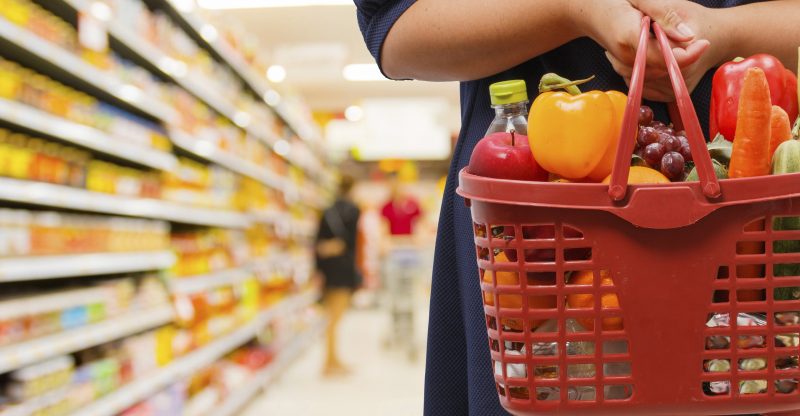Canadians to spend more on groceries in 2017
Reports have shown that the average Canadian will get to spend about $420 more on groceries and restaurants in 2017 as a new reports proposes that as a result of the U.S. Presidential election of Donald Trump and the drop in value of the Canadian currency, food prices will most likely increase.
Quite recently, there was a drop in food prices but that relief is short lived as prices have once again inflated.
It is anticipated that food prices will rise between 3% and 5% and the category of food stuffs that will be most affected includes, meat (especially pork and chicken), vegetables, fish and other seafood items.
The market price for fruits and nuts will also increase to 5% whilst expenditure in restaurants will rise by 2% to 4%. Despite the increase, critics believe that the increase is reasonable for restaurant owners, grocery stores and consumers.
According to the author of the report, Sylvain Charlebios, it will not come as a shock if food prices maximize by 4% next year. He went on to explain that 2016 was a very unpredictable year and believes that this trend will also continue in 2017.
The University of Guelph’s Food Institute had predicted that food prices will increase to about 2% to 4% in 2016 and records from January to October showed that there was an increase of 2.5% .
This year, the food prices were not constant and food prices experienced their first yearly drop in almost 17 years.
For Charlebios, food prices will remain the same throughout the Christmas season but will begin to hike up by April next year and he attributes this increase to the drop in values of the currency and also the uncertainty of Trump’s administration. Many fear that Trump will deport some of the approximately 2 million seasonal farmers without legal permits. This will cut down on production, creating higher prices for the available foods.
As a result of a drop in the currency, it is also expected that the price of imports will also increase which will result to the increase of food prices and other products.
But Charlebios hopes that retailers have learnt their lesson from the rapid increase of cauliflower that occurred earlier this year and will stop importing foods will rapid rising prices for the time being.
The reports also show that the food prices will not be the same in each area and suggests that those in Ontario and British Columbia should expect higher increases.





